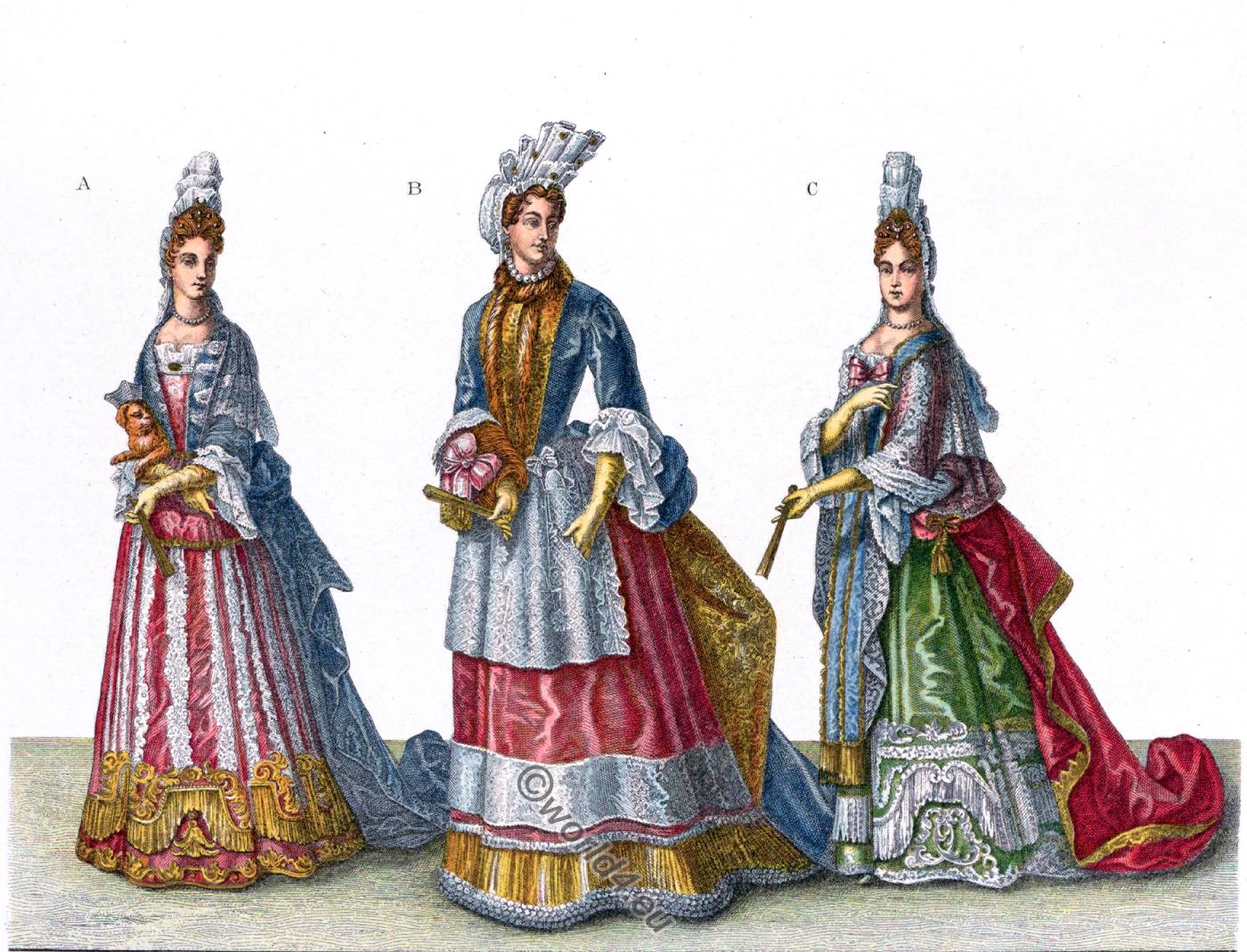
The origin of “Croissants”.
In 1683 the Turks invaded Hungary, and, completely overrunning the country, reached Vienna, to which they laid siege, for the second time in its history. Incidentally, they nearly succeeded in capturing it. During the siege, bakers’ apprentices were at work one night in underground bakehouses, preparing the bread for next day’s consumption. The lads heard a rhythmic “thump, thump, thump,” and were much puzzled by it. Two of the apprentices, more intelligent than the rest, guessed that the Turks were driving a mine, and ran off to the Commandant of Vienna with their news. They saw the principal engineer officer and told him of their discovery. He accompanied them back to the underground bakehouse, and at once determined that the boys were right.
Having got the direction from the sound, the Austrians drove a second tunnel, and exploded a powerful countermine. Great numbers of Turks were killed, and the siege was temporarily raised. On September 12 of the same year (1683) John Sobieski, King of Poland, utterly routed the Turks, drove them back into their own country, and Vienna was saved.
As a reward for the intelligence shown by the baker-boys, they were granted the privilege of making and selling a rich kind of roll (into the composition of which butter entered largely) in the shape of the Turkish emblem, the crescent. These rolls became enormously popular amongst the Viennese, who called them Kipfeln.
When Marie Antoinette married Louis XVI of France, she missed her Kipfel, and sent to Vienna for an Austrian baker to teach his Paris confreres the art of making them. These rolls, which retained their original shape, became as popular in Paris as they had been in Vienna, and were known as Croissants, and that is the reason why one of the rolls which are brought you with your morning coffee in Paris will be baked in the form of a crescent.
Source: The vanished pomps of yesterday by Lord Frederick Spencer Hamilton. New York H. Doran, 1921.
Credit: © Photography by Roxana Maria.
Lord Frederick Spencer Hamilton (1856-1928) was a British diplomat, Conservative politician and writer. From 1896 to 1900 he was editor of the magazine “Pall Mall Magazine”, which developed under his direction into a successful and important periodical.

